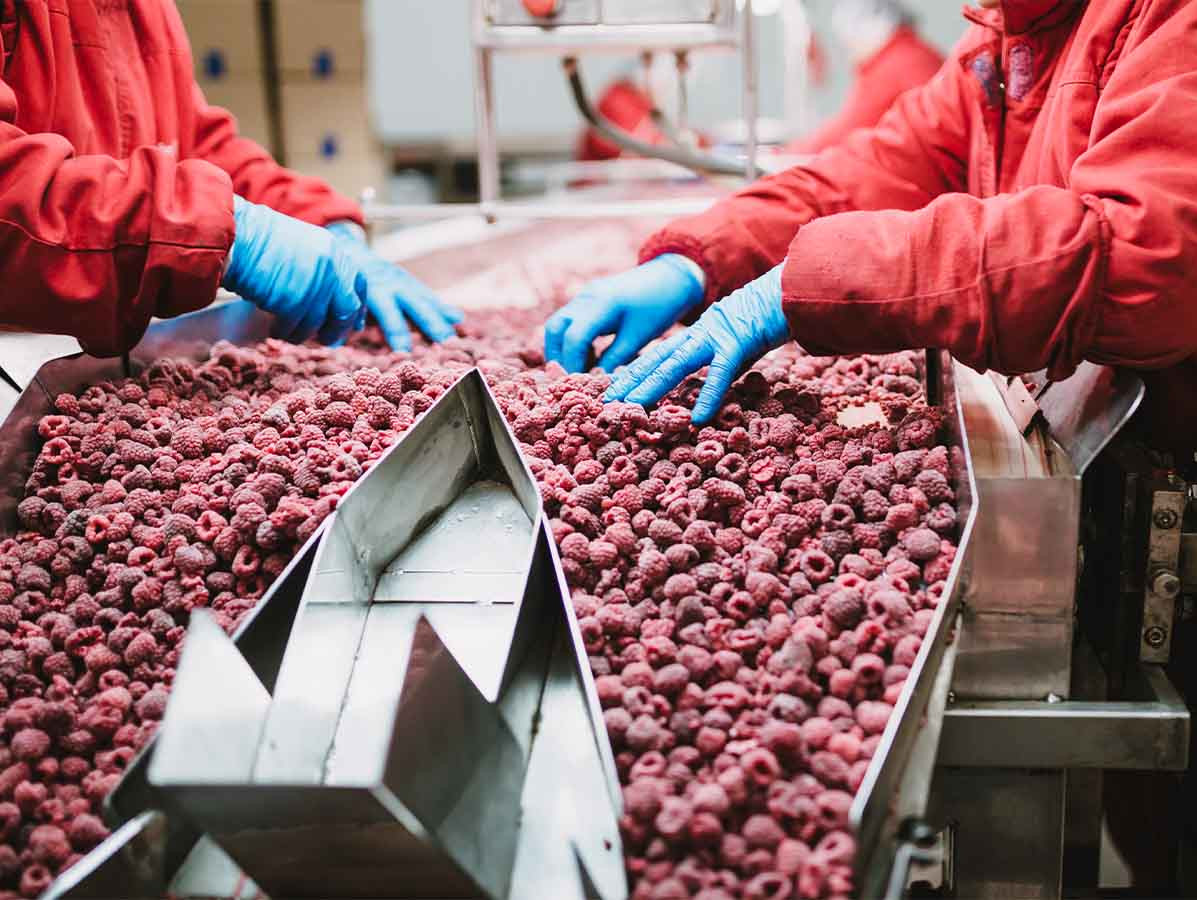
The Belgian food industry witnessed an unprecedented number of bankruptcies in 2023, with 141 companies closing their doors. This alarming increase of 34% compared to the previous year marks the sector's worst performance in the past decade.
The food industry significantly suffered from the surge in production costs that began in mid-2020. Profitability, measured by the operating margin, plummeted to a historically low level, nearly as low as in 2011. Despite two years of government measures, such as a moratorium on bankruptcies and deferral of tax and social security payments, it was inevitable that the number of bankruptcies would rise.
In 2023, this concern became a reality, with a notably strong increase in the number of bankruptcies. Remarkably, one in three bankruptcies in the manufacturing sector was related to the food industry, despite the sector representing only about 20% of the total weight (including self-employed individuals). Private limited liability companies (BVBA's) were the hardest hit, accounting for 70% of bankruptcies, followed by self-employed individuals at 20%.
While the number of bankruptcies was significant, job losses remained relatively limited. In 2023, a total of 666 jobs were lost, in line with the average for the period 2005-2019. However, part-time jobs were relatively harder hit, constituting 32% of the total job loss, compared to the average of 22% between 2005 and 2019. Full-time jobs represented less than half of the loss (46%), while jobs of employed employers maintained a stable share of about 21%.
Source: Fevia